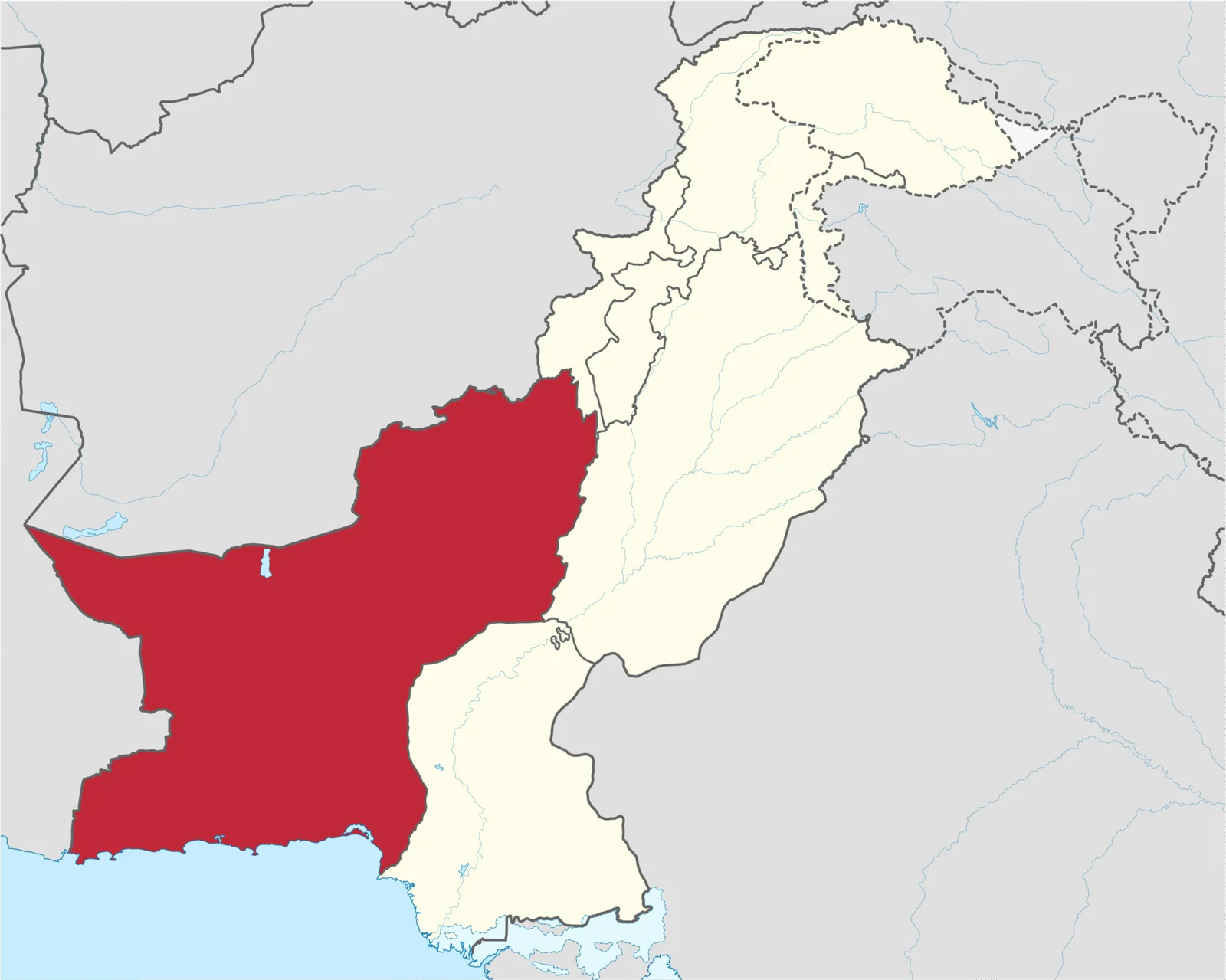Editorial
Pakistan is once again grappling with internet shutdowns, as the government uses this tool to suppress political protests, particularly from the Pakistan Tehreek-e-Insaf (PTI). This practice has become a recurring strategy during times of political unrest, with severe consequences for the economy, education, and civil liberties. The country’s rapid integration into the digital world has been hindered, and millions are isolated, unable to access essential services and platforms.
The impact of internet disruptions on Pakistan’s 2.5 million freelancers has been devastating. Many depend on international platforms like Upwork and Fiverr, but the throttling of internet speeds forced them to use VPNs, which led to account suspensions or permanent bans for violating platform rules. These workers, with limited alternative income sources, face a significant loss of livelihood, exacerbating unemployment.
Local businesses that rely on digital tools have also experienced severe declines in sales. Previous shutdowns resulted in millions of dollars in daily economic losses, damaging Pakistan’s reputation as a growing tech hub. The loss of investor confidence and the inability to conduct business efficiently have compounded the already fragile economic situation, pushing more people into unemployment.
Pl, watch podcast and subscribe to the YouTube channel of RP.
The effects of shutdowns extend to ride-hailing services like Bykea and InDriver, where many vulnerable workers depend on digital platforms for their livelihoods. With the disruption of these services, workers lose their income, which in turn affects restaurants, grocery stores, and other businesses that depend on digital platforms to reach customers. The cascading effect leads to more layoffs and reduced hours, deepening the economic strain.
The shutdowns also stifle access to education, especially with the growing reliance on digital platforms for learning post-pandemic. Students miss crucial exams, while the general public loses access to important information, often replaced by misinformation.
These disruptions not only harm immediate economic activity but also erode trust in the government’s crisis management. Pakistan’s digital future is at risk, and the cost of remaining in the dark is too high. The government must seek solutions that address political instability without harming the economy and society’s progress.
















